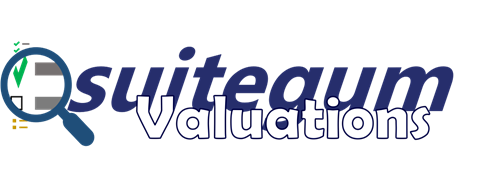The growing socio economic imperatives of South Africa in an environment of close to zero growth in the economy, means that without any windfalls such as even lower oil prices (currently at about $32 per barrel, and with less and less space to fall), or a huge rebound in the value of the Rand (unlikely while the ANC persists with Zuma), or some miracle; taxes will have to go up.
Big businesses take the view that taxes must be paid by their customers. It’s that simple. They need to give an expected return to their shareholders. Initially they will embark on much marketing noise about “absorbing the cost for the sake of the man in the street”, but eventually consumer prices will rise to give effect to the profits line. Joseph Stiglitz has a lot to say about this attitude, and it isn’t nice; but that’s another story.
Big businesses can indulge in this practice because their competitors all do the same thing, and because consumers expect inflation to happen, and therefore expect to see higher prices, given all the hot air in the media. There is simply no consumer push back. And how would they do that anyway?
Small businesses with a bit of oomph behind them, are also able to pass their tax costs onto their own customers. Business owners who have been around the block a few times, know that if they try to absorb the extra tax expense for their customers, they will eventually lose those customers when the business folds, anyway. They will cease to be tax payers themselves.
Businesses which have a competitive edge will be able to lead the way, and will have the edge in the profit race. Simply put, they can actually start to benefit from the tax increase ahead of their weaker competitors who are afraid of losing customers.
No prizes for guessing which sort of business is more valuable.
What is your business exposure to tax increases like?
